Published in the Sunday Deccan Herald on 20 October, 2024
In this journey, we will explore the stories of nations that claim the title of the oldest, each offering a unique window into the past…
One thing is clear. All of us love Europe. Europe's uniqueness is a mix of ancient civilizations, epic sagas, and timeless landscapes. This continent, brimming with diverse cultures and histories, offers so much for every type of traveller. So today, I wanted to go on a quest: to discover the oldest country in Europe. In this journey, we will explore the stories of nations that claim the title of the oldest, each offering a unique window into the past and an unparalleled experience for the modern traveller. From the serene heights of San Marino to the ancient ruins of Greece, and through the maritime legacy of Portugal, let’s go on a voyage through time, history, and beauty.
Determining the oldest country in Europe can be a complex task, as the concept of a ‘country’ has evolved over time, and the continent's history is filled with empires, kingdoms, and states that have risen and fallen. While some might argue for the oldest established country, others may look to the earliest signs of structured society or the longest continuous cultural traditions. Among the contenders, San Marino boasts the oldest constitutional republic, with documented independence since 301 AD. Greece, with its ancient civilization dating back over millennia, offers a glimpse into the dawn of Western culture. Portugal, on the other hand, presents a slightly different case with its well-documented establishment as a nation-state in the 12th century, making it one of the oldest continuously defined borders in Europe. So with the stage set, let’s dive deeper into the history and allure of each of these remarkable countries.
San Marino: The Ancient Republic
Nestled atop the Apennine Mountains, San Marino claims the title of the world's oldest republic. According to tradition, it was founded by Saint Marinus and a group of Christians seeking refuge from persecution. This tiny, landlocked nation, surrounded by Italy, has maintained its independence and unique governance structure across centuries. For travellers, San Marino offers more than just historical curiosity. The three towers of San Marino, perched on the peaks of Monte Titano, not only symbolize the country but also offer breath-taking views of the surrounding Italian countryside. The medieval old town, a UNESCO World Heritage site, is a labyrinth of narrow streets, historic buildings, and quaint shops. The Museo di Stato (State Museum) and the Basilica di San Marino are must-visit landmarks that provide insights into the republic's rich heritage and religious history.
Greece: The Cradle of Western Civilisation
Greece's contribution to Western civilisation cannot be overstated. As the birthplace of democracy, Western philosophy, the Olympic Games, and so much more, Greece's ancient civilisation laid the foundations for much of Western culture. The country's landscape is dotted with remains of its storied past, from the Acropolis of Athens to the archaeological site of Delphi. Travellers to Greece can walk in the footsteps of Plato and Aristotle, marvel at the Parthenon, or explore the ruins of Sparta and Crete. Beyond its ancient ruins, Greece offers a vibrant contemporary culture, stunning islands, and delicious Mediterranean cuisine. Experiencing Greek culture, whether through its food, music, or traditional dances, offers a deeper understanding of the enduring legacy of its ancient civilisation.
Portugal
A Legacy of Exploration and Age of Discovery: Portugal, with its well-documented history of nationhood since the 12th century, stands as one of Europe's oldest countries. The Treaty of Zamora (1143) is often cited as the birth of Portugal as an independent nation. Portugal's Age of Discovery in the 15th and 16th centuries marked the beginning of globalisation, with explorers like Vasco da Gama and Ferdinand Magellan leading voyages that mapped the coasts of Africa, Asia, and the Americas. For travellers, Portugal offers a rich mix of experiences, from the historic streets of Lisbon and Porto to the vineyards of the Douro Valley and the sun-kissed beaches of the Algarve. Historical sites, such as the Belém Tower and Jerónimos Monastery, offer insights into Portugal's maritime heritage, while the country's traditions, festivals, and cuisine reflect its rich cultural heritage.
Iceland: A Saga of Vikings and Volcanoes
Iceland, though not the oldest in terms of statehood, is often considered one of the oldest countries in Europe in terms of the establishment of its parliamentary system. While Iceland was part of the Kingdom of Norway and later Denmark, it has maintained its distinct parliamentary tradition. Iceland offers a fascinating blend of Viking heritage and dramatic natural landscapes that beckon travellers with a taste for adventure and history. Settled by Norse Vikings in the late 9th century, Iceland's saga is one of exploration, resilience, and the intertwining of human and natural history. Today, visitors to Iceland can explore the Thingvellir National Park, a UNESCO World Heritage site, where the Althing, one of the oldest surviving parliaments in the world, was established in 930 AD. Beyond its rich Viking history, Iceland's geysers, waterfalls, volcanoes, and hot springs make it a unique destination for those seeking to experience the power and beauty of the natural world.
While San Marino, Greece, Portugal, and Iceland offer compelling narratives in the quest to identify Europe's oldest country, other nations also boast ancient heritages worth exploring. Italy, with its Roman Empire legacy; France, home to the Gauls and later seat of the Carolingian Empire; and Bulgaria, one of the oldest states in Europe established in 681 AD, each present their own historical and cultural treasures.
Europe's oldest countries, each with their unique stories and legacies, offer a rich canvas for travellers seeking to immerse themselves in the continent's deep historical roots. Whether it's through the ancient republic of San Marino, the classical heritage of Greece, or the maritime explorations of Portugal, these nations provide a window into the formative epochs of human civilisation. As we journey through these lands, we are reminded of the enduring legacy of Europe's ancient cultures, inviting us to explore, learn, and be inspired by the cradle of Western civilization. And this only means one thing, our bucket list for Europe is always increasing. One trip is never enough. Have you been to all of these ancient countries? I would love to hear about your experience. So let me know, by writing to me at neil@veenaworld.com Until the next time, keep celebrating life!






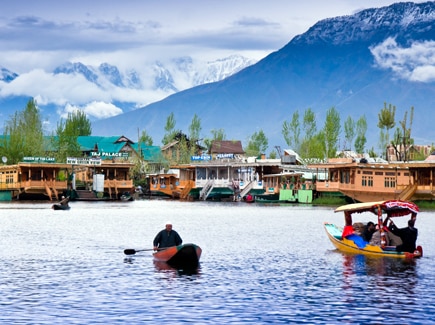
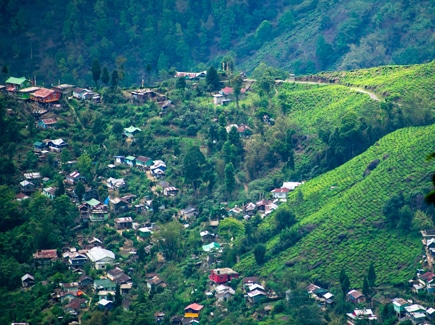


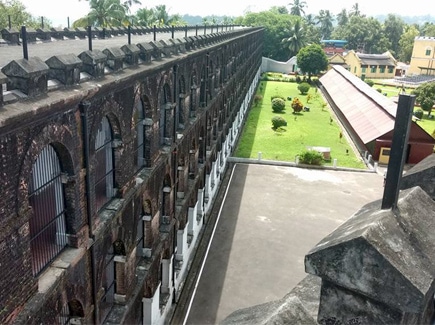
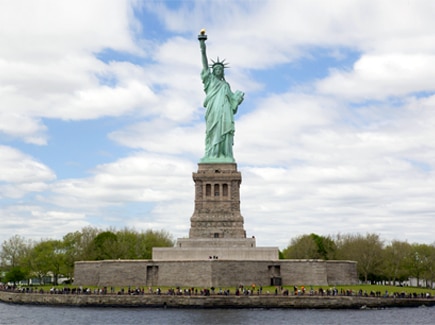
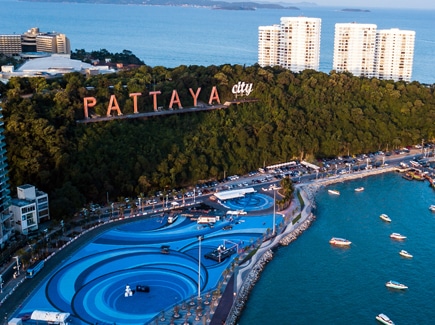
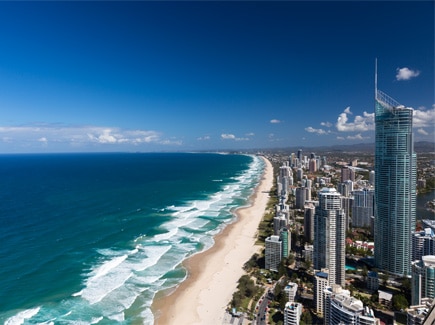
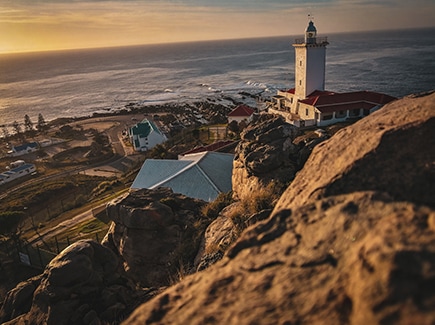









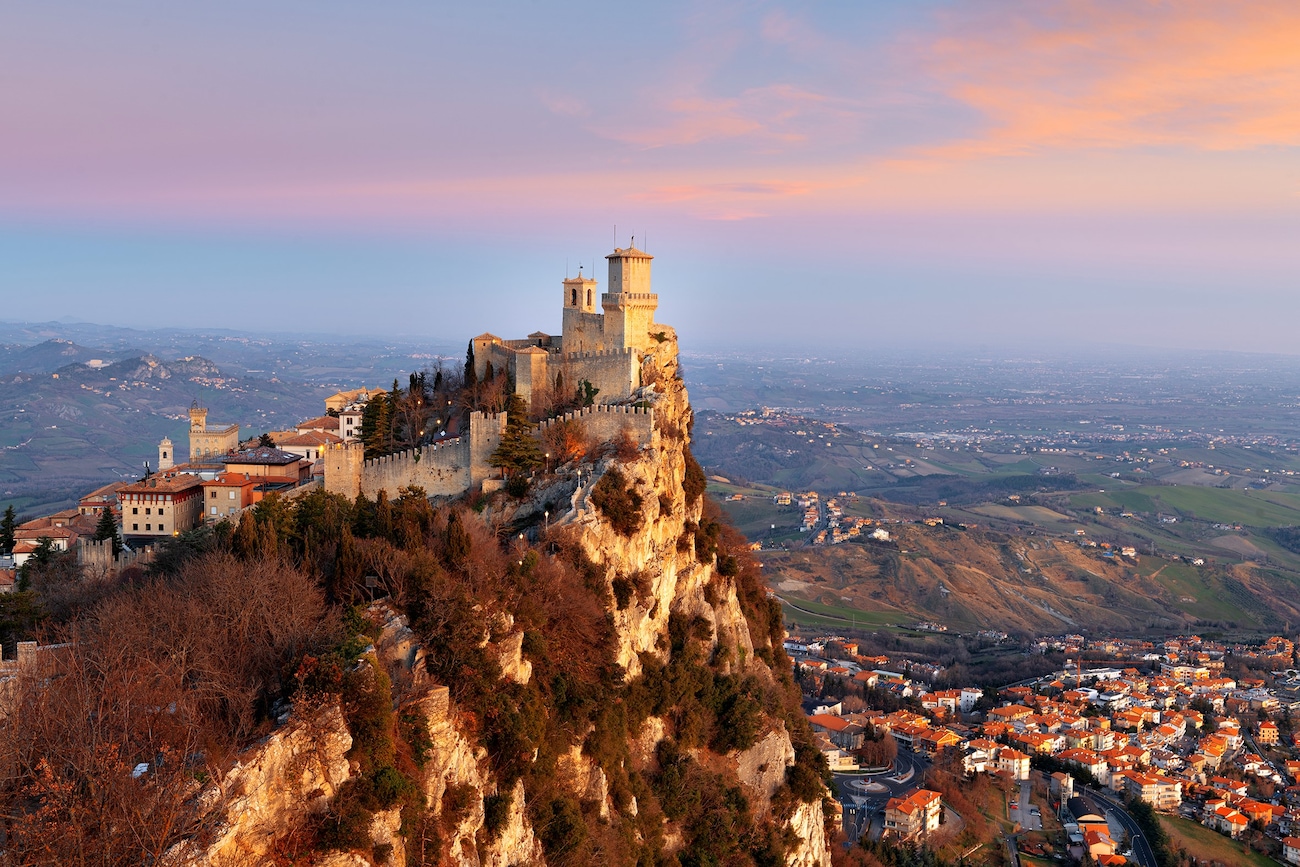





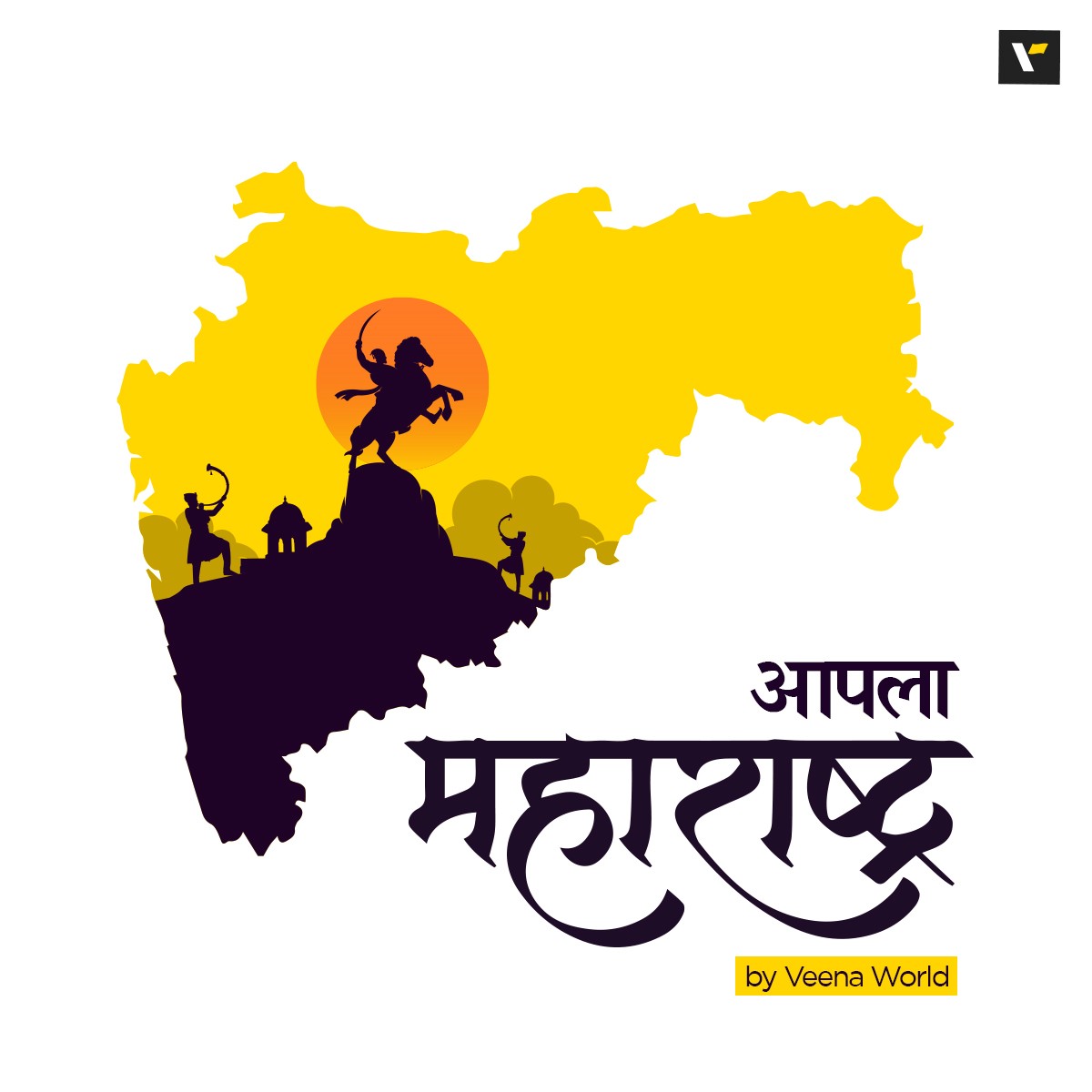


























Post your Comment
Please let us know your thoughts on this story by leaving a comment.